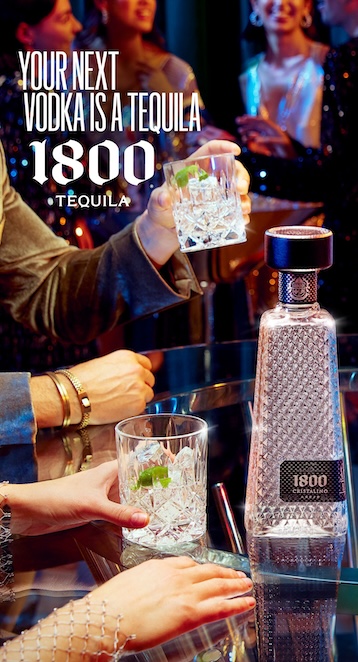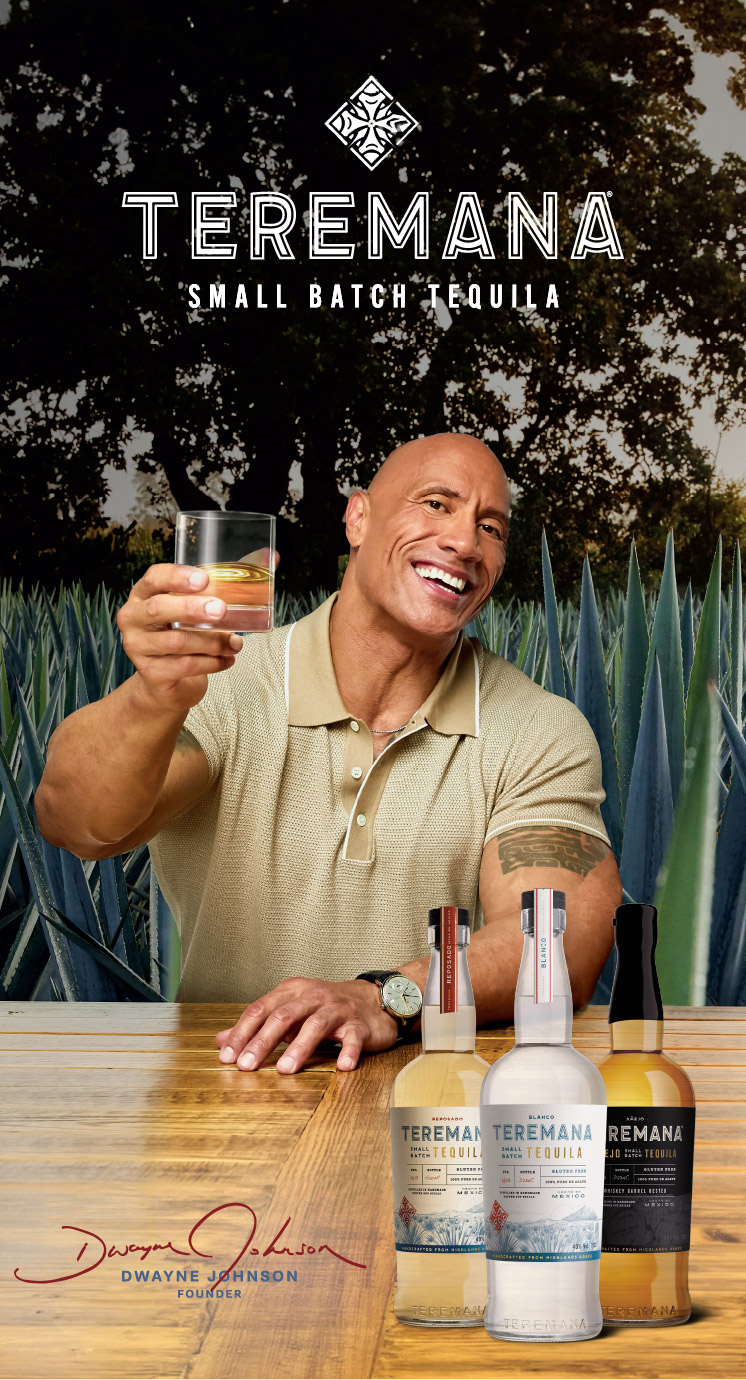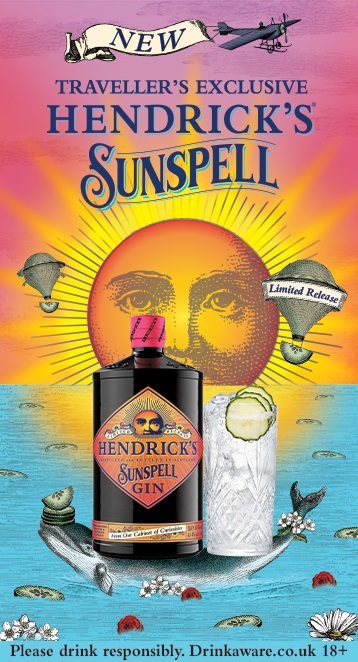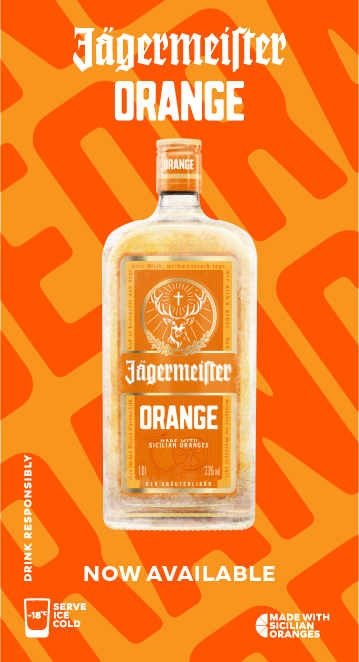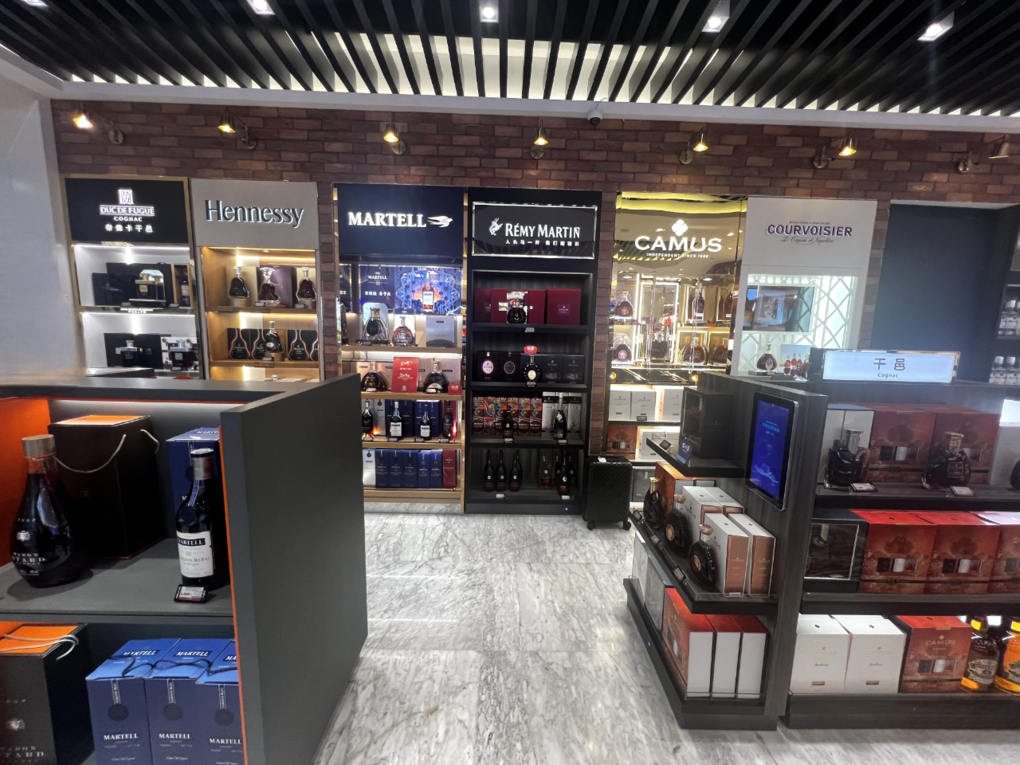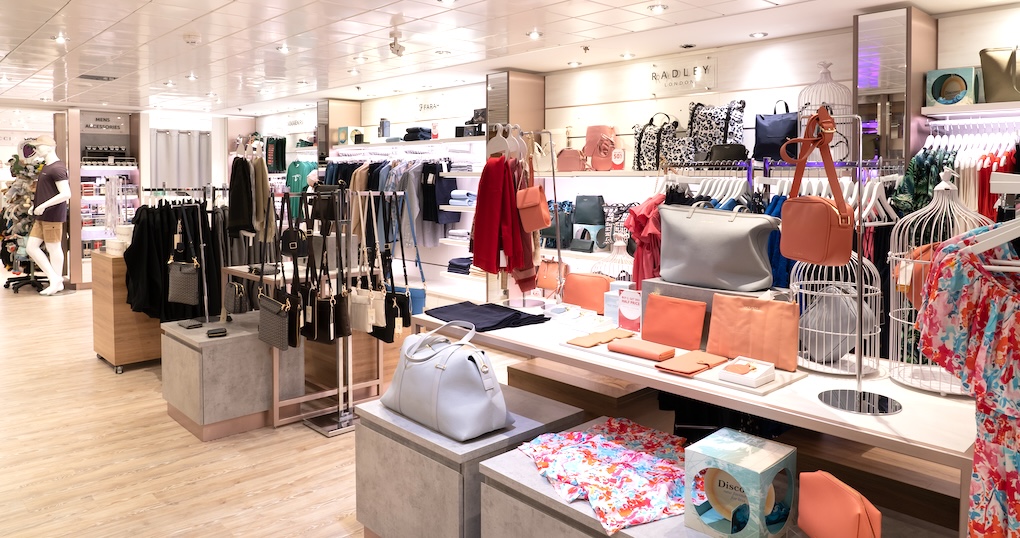Travel retail will play an even greater role in Cotswolds Distillery’s continued growth as the English spirits company enters its second decade. That’s according to Founder Dan Szor, speaking to The Moodie Davitt Report at TFWA World Exhibition recently about the journey so far and the opportunities ahead.
Former finance executive Szor started the company in 2014, which today ranks as one of the largest independent players in the fast-growing English whisky sector, which numbers around 55 distilleries.
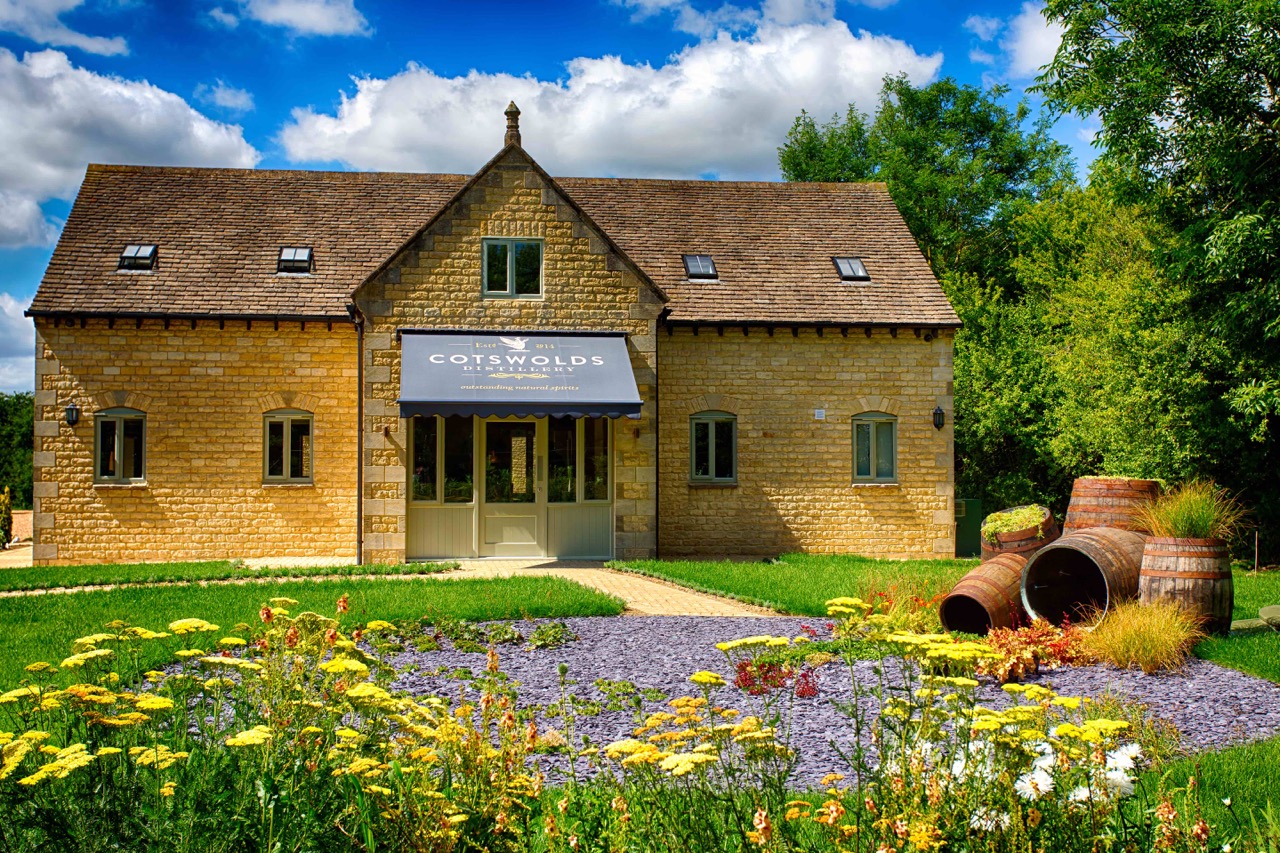
Szor explains how he came to be a whisky enthusiast.
“I was talked into buying a barrel of Bruichladdich in 2002, and I followed the brand’s story very closely after that. The evolution, the marketing, the disruptive quality of that whisky got me really interested. One of the things that they focused on was the story of terroir and provenance.
“That was one step into whisky. I later moved from Paris to London and bought a weekend home, a farmhouse, in the Cotswolds. And the farm around me was growing malting barley. One day in July 2012 I looked out at how beautiful this field of barley was and reflected on how local barley was being used in whisky making elsewhere.
“I also thought about how a population of 200,000 in this region swelled to many millions of visitors each year, and I saw an opportunity. Of course I had no idea what I was doing, which was probably just as well or I would not have had the courage to go ahead.”

The Cotswolds distillery story had lift-off, based on the pillars of local provenance, traditional methods and high quality, with expertise from renowned whisky maker Dr. Jim Swan and former Bowmore Distillery Manager Harry Cockburn to lead the operation.
“Everything is done in the Cotswolds and our whisky matured and bottled on site,” says Szor. “Slowly we built this brand, and our whisky got older. And recently [late September -Ed] for the very first time, I was able to actually have a dram of 10 Year Old Cotswolds whisky.
“It is about excellence in all that we do. One of the disruptive things about us is that we were able, through the level of quality we put into both the distillate and the wood, to make a three year old that can compete with any 10-12 year old whisky, with local-only ingredients.
“I like to be involved in liquid design and if I have one simple truth, it’s that if I don’t like it, it won’t go out.”
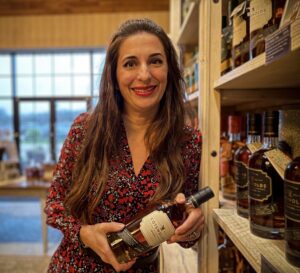
With an eye on securing the future, Cotswolds recently built a new distillery on its site, four times the size of the first, with larger stills and capacity to produce several million bottles of single malt a year.
Szor says: “We now have the ability to make as much single malt as we could want for long-term ageing, although that also involves cost. You need money to finance growth.
“It costs an unreasonable amount of investment when you cannot sell much of what you make for years. Then you’ve got to do the brand building, which is hugely expensive and at orders of scale that I couldn’t have anticipated even in my wildest dreams. There are no quick wins.”
That ties in with another element that Szor highlights as a success factor – a strong entrepreneurial spirit.
“I need to work with likeminded people, both within the company and as partners. We have to be agile, flexible and fast. I tell my team that we need to be pirates. It’s more fun to be a pirate than to join the Navy, right? The Navy is the big players out there. Also on my team I want people who’ll shoot first and ask questions later.”
That spirit carries the company forward in its travel retail journey, with this part of the business led by International Sales & Global Travel Retail Director Lynsey Eades.
Of this channel Szor says: “Travel retail was a focus pre-COVID, and we had success in the UK in that time, but like many small brands we were hurt by the shrinking of the spirits selection in the airport world. It took us time to get back in and the initial focus was on cruise, with a great partnership with Harding+ that included some special bottlings. Then ferries and airports restarted for us from the end of 2023.
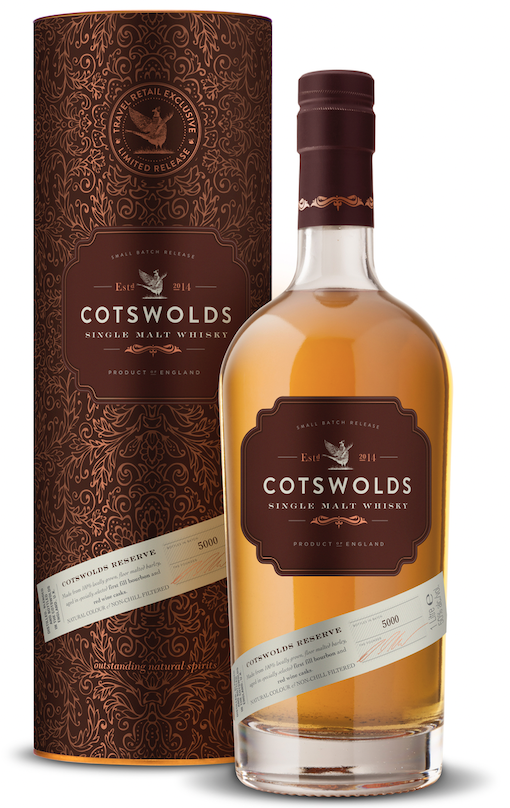
“Travel retail is sizeable now. It has gone from a standing start to close to 15% of our revenue today. By way of comparison we’re very proud of our direct-to-consumer sales via our distillery, but that has taken ten years to get to the same level of sales as travel retail now commands. Travel retail isn’t the same kind of brand building as when people visit us for 90 minutes at our home but it has the ability to scale much further and faster.”
Like other small brands, Cotswolds faces the challenge of how to carve out a niche in a crowded channel dominated by big brand houses.
Szor says: “The answer for all smaller independent brands in my view is relevance. As travellers pass though the airport, what’s going to make them buy our brand, and equally why would we make that investment in travel retail?
“One way to see it is that we’re not only selling our brand, or the Cotswolds area, but we’re selling England. We’re selling the English countryside, and an idea of England. The Land Rover is made only 45 minutes from us; there’s an example of a brand that has done a great job of transcending its own category. It’s not just a car. My dream is that one day Cotswolds, even for those who have never visited the area, comes to mean something in the context of single malt, in terms of quality.”
Targeting markets and consumers with an affinity or cultural connection to England is one platform for brand expansion.
“If I take France, a whisky-loving market close to our home, it’s more difficult than say Australia where there is a clear cultural connection and it’s part of that Anglo-Saxon world. Australia outsells France around two to one with half the population and no marketing budget.
“That shows the advantage of targeting the right consumer. We call it simply ‘follow the Brits’. Where are they travelling? Duty free in Spain makes a lot of sense to us. It also links up well to domestic market distribution there where there is a British presence.
“India is probably the single biggest opportunity with its cultural ties to the UK and the importance of duty free. Then there is Australia, New Zealand, South Africa, the Caribbean, and many parts of Asia that have a positive attitude to England alongside historical ties in many cases.”
While making and building a whisky brand takes time and money, the Cotswolds story is supported by its production of a high-quality gin under the same name.
“We put the same attention into our gin as we do into our whisky making. We hand-peel 500 grapefruits and 800 limes every week, and the extra oils come out in the solution and present Cotswolds with a visible difference as a cloudy gin, but it also gives it flavour which is remarkable.”
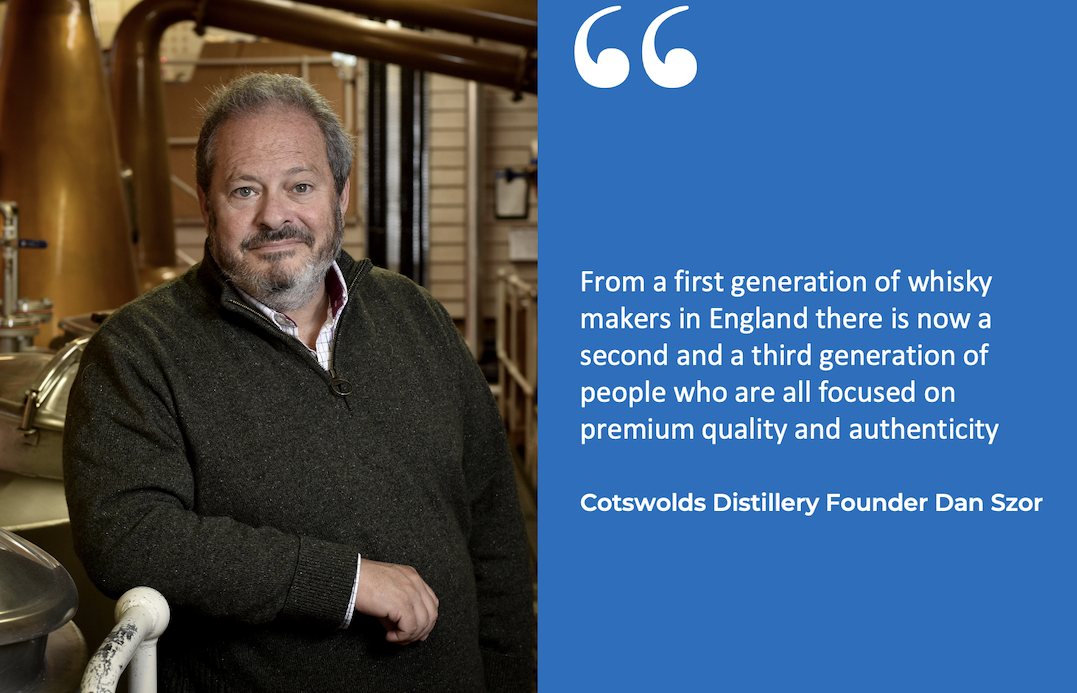
Returning to the theme of relevance, Szor says: “Selling English gin around the world is like pushing an open door. Selling English whisky is like pushing on a door with something heavy behind it, which will open an inch a year, and you have just got to keep on pushing it. What is challenging for any English brand is achieving relevance outside the UK.
“It’s not easy to be as relevant overseas as in your home market. And you don’t do it immediately. But meanwhile we are local for millions of people in England. And little by little and step by step, my job is to go around to every English pub, bar, restaurant and steakhouse and say, why would you have two dozen Scotches and no English whisky? Shouldn’t you at least have two or three English whiskies? That alone is a big job.
“What helps here is we are cross-selling the gin and the whisky under the same brand name and probably 90% of customers buy both.”
Szor also believes that the wider English whisky movement can collectively propel interest in the category.
“For perspective, all the output of English whisky distilleries put together is probably the same as from one mid-sized Scottish single malt distillery. But equally I am excited about the category now, with 55 distilleries up and running.
“From a first generation of whisky makers in England there is now a second and a third generation of people who are all focused on premium quality and authenticity.
“That growth shows there is money buying into the English whisky story, and that is what this category needs – bigger players and more money.”
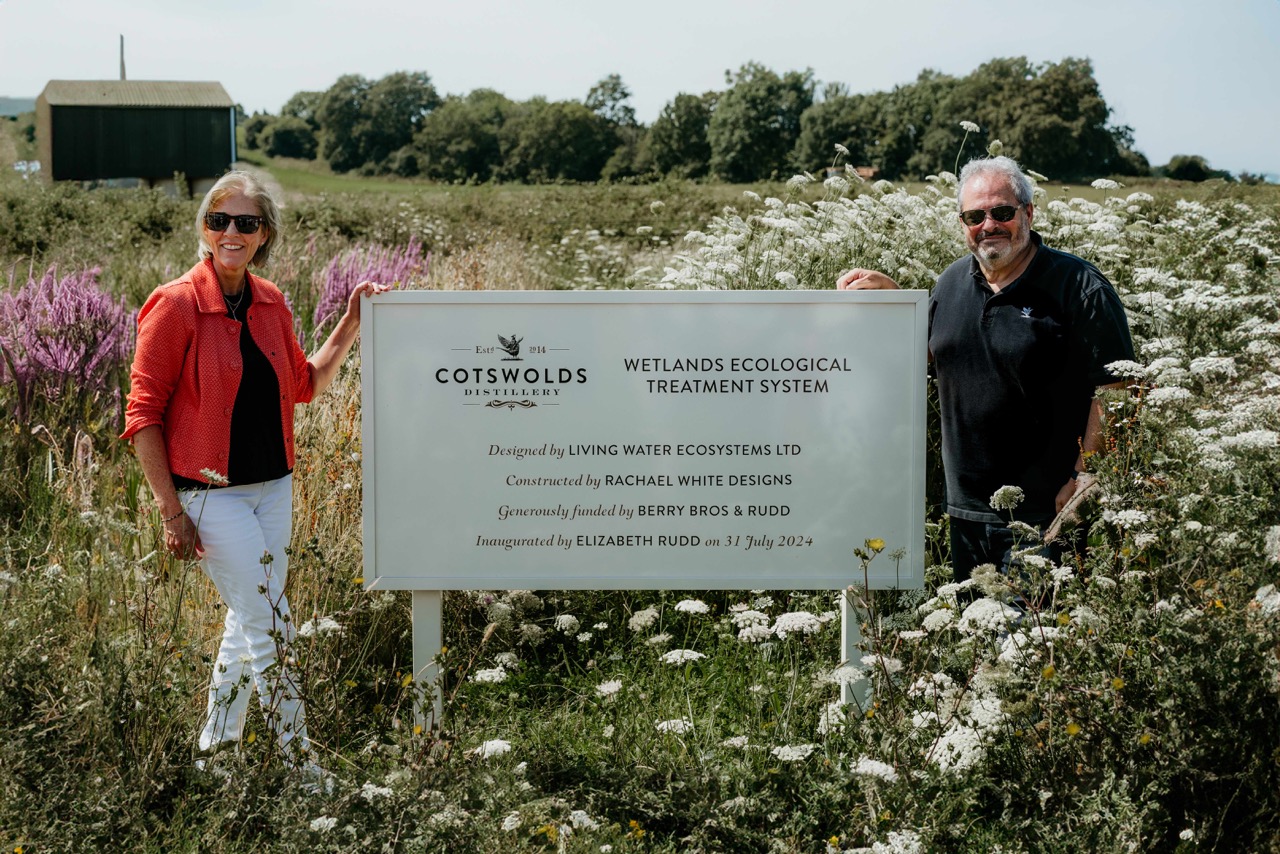
Turning to the future, Szor says that some exciting opportunities are presenting themselves.
Szor says: “We are quite interested in a third category, namely rum. With our new facility we now have a full turnkey whiskey distillery that is not being used. We have made a wonderful sipping rum using Tate & Lyle treacle as our sugar source. But it comes back to the ‘M’ word – money. When you’re making mature spirits, the money involved is just huge. I would like to do it but it is a question of focus.”
The company has also ventured into making other limited-edition whisky. An example is a Highgrove single malt made for King Charles III’s 75th birthday in November 2023, with just 1,500 bottles made available.
“This is a premium brand line extension that helps tell the story,” says Szor. “We have a new bottling coming up, with the cover art done by His Majesty himself.”
Then there is the question of how the long-term future for a small, independent brand shapes up? One route forward could be to partner with a larger group to drive wider distribution, though Szor is sceptical that this would guarantee results.
“I have seen a lot of brands that were bought by big companies and become ‘orphan brands’. They get kicked around the halls of these companies and nobody knows what to do with them, and then ultimately they get sold off.
“I would not rule out striking a deal with a large player. But I would be worried that they would not understand how hard a road it is, whether they would be committed and have ideas on how to grow. But if they did get it and I really believed that, it might be possible.
“I feel a lot of responsibility to the shareholders. I am one, with just under half of the shareholding, but there are 1,500 of them – around 100 decent-sized investors and 1,400 very small but very passionate investors.
“I feel that I owe it to them to make this very long wait worth their while. And as far as my investment is concerned, I probably owe it to my wife to make it reasonable considering I bet the farm, quite literally, on this venture.
“If I could find somebody that shared my vision, my passion and believed in the equity of the brand, and who wanted to take over and do this, I would welcome that. I’m not one of these guys who would never give anything up and who wants to control everything. In fact the real heroes are the 50 people who work there.
“What I do pretty well is flag waving and I’m happy to do that forever. Whatever happens it’s about Cotswolds being in the right hands with people that believe in the story and who want to take it forward.” ✈




